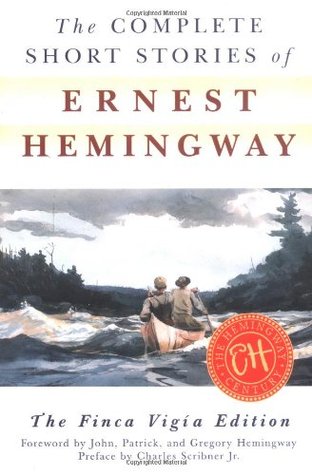5♠ 5♠ 5♠ 5♠ 5♠ 5♠ 5♠ 5♠
I selected the Five of Spades for Week 44 of my Deal Me In Short Story Project for 2014. I’ve been anxiously awaiting more Ray Bradbury stories and I finally got one: “Yes, We’ll Gather At The River”.
The life of a small town, the death of a small town, life after the death of a small town – all of these combine to make a pleasant, but slightly melancholy, story that addresses both the sadness that can come with the effects of industry and technology and the perseverance of the human spirit in the face of a changing world.

Charles Moore closes his tobacco shop and walks down the street of his small town – past the barber shop, the taxidermy shop, the garage, the church. He joins a friend who mentions an old church hymn, Yes, We’ll Gather At The River. Their small town is coming to an end due to the ever expanding Los Angeles highway system. The hymn reflects the theme of life after death. Most of the people of the town know that their lives will not end when the town ends. But a part of them will die.
As Charlie sits with his wife during their last evening as a town, he smokes his pipe. It’s easy to smell the tobacco, a scent I love even if I’ve never smoked it. Bradbury puts significant depth into this one act:
He lit his pipe and blew great clouds of smoke in which to poke for past mistakes and present revelations.
The story ends with one of the more moving images I’ve read in a while. It’s not a surprise ending. It’s not a plot twist. But I believe it’s a scene a reader needs to experience for themselves. I highly recommend this short story – and it is short, easy to read in one sitting.
My Deal Me In 2014 list can be seen here. DMI is sponsored by Jay at Bibliophilopolis.




